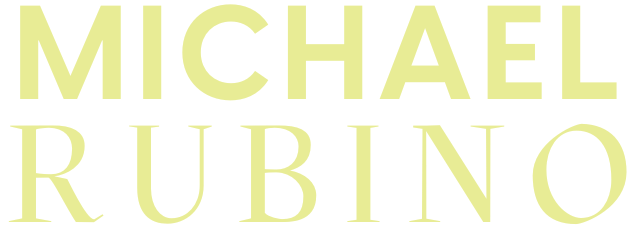Indoor air quality is often not included when thinking about health and wellness. Yet, it's the most significant route of exposure we face.
We live in an era of health fads. We’re constantly bombarded with an endless stream of, “Here’s the next new thing you’ve got to try to improve your health.” There’s a wealth of opportunities available to prioritize wellness through diet, supplements, daily habits, mental training, exercise, and the like. Yet, chronic illness continues to spread like wildfire throughout the world. Nearly half of all Americans (approximately 45 percent, or 133 million) suffer from at least one chronic disease. Almost 60 percent of the global population (or roughly 4.5 billion people) reports having a chronic illness. If we have access to better technological and medical advancements than ever before, what are we missing?
The answer is relatively simple — so simple that we’ve failed as a society to consider it when pondering that pinnacle “healthy lifestyle.” It boils down to routes of exposure: We talk a lot about drinking clean water and eating uncontaminated food, and we’ve been made aware of the importance of protecting our skin from unwanted exposures to harmful mediums. But there’s another route of exposure: the air we breathe. Why aren’t we paying more attention to the unhealthy substances in the air that we’re breathing, particularly indoors?
UNDERSTANDING AIR QUALITY
According to the American Lung Association, the average person breathes around 20,000 breaths daily, or around 2,000 gallons of air. That’s almost enough to fill up a swimming pool! We consume more air than anything else throughout the day, which is why it’s essential to our survival. We can go about 7–10 days without food and about three days without water. We can only survive for a few minutes without air.
Read the full article here: https://katiecouric.com/health/wellness/indoor-air-quality-pollutants/

